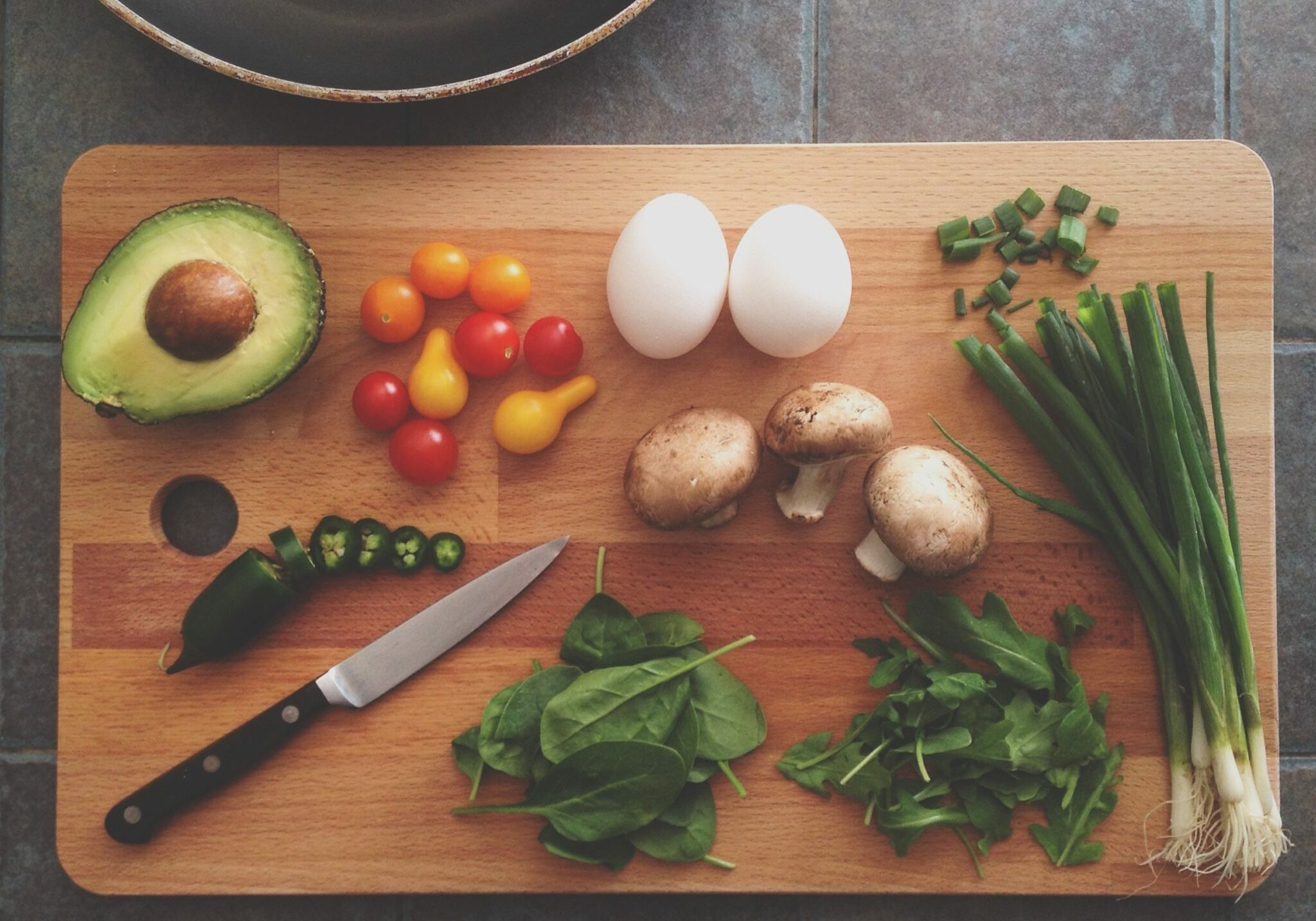Braid Mission
Blog
Feeding and Being Fed

At my house we recently discovered the TV show “Worst Cooks in America.”
The show is in its twelfth season, so we are pretty late to the party on this one, but it is highly entertaining reality television.
The premise of the show is that twelve of the nation’s worst cooks are nominated by their friends and families to come to a six-week cooking boot camp.
Along the way they have culinary challenges: one person from each team is eliminated each week, and the final two compete at the end to win $25,000.
The contestants on the show are generally sweet, well-intentioned people who know almost nothing about how to prepare a meal. They have all relied on microwaves, restaurants, or relatives for sustenance, and they don’t know how to measure liquids or crack an egg or identify most foods.
But almost every one of them says they agreed to come on the show because they want to be able to prepare meals for the people with whom they share their lives.
Their inability to follow a basic recipe has caused them to feel cut off from some of their most important relationships.
You may not know that we have an annual culinary challenge at Braid as well, cooking a large festive meal for 30 people.
Every year the Youth Training Project (YTP) hosts a Winter Leadership Institute. YTP is the group that created the “digital stories” from former foster youth that we use at the beginning of every Braid training.
At the Winter Leadership Institute, a new cohort of youth trainers learns facilitation skills and presentation skills that will help them tell their story to train social workers to better understand the unique challenges foster youth face.
This was our fourth year volunteering to cook their big celebratory meal on Sunday evening. It’s basically a Thanksgiving dinner in mid-January.
Because of my newfound favorite television show, I had a different perspective on this meal this year.
As we planned our menu and cooking schedule, I was reminded what a privilege it is to be able to care for others by cooking for them. I no longer take for granted the ability to identify vegetables and know what to do with them.
As we set up camp in the kitchen with some of these foster youth as our sous chefs, I was reminded how connections are forged when you are cooking with other people: reading the instructions to a recipe together, negotiating space at the counter, drying the dishes a companion has washed.
As we sat down with the youth trainers with full plates of food, I was reminded how important it is to gather around a table, to feed others and to allow ourselves to be fed.
So much wisdom and care are shared in the preparation and enjoyment of food.
This is why my faith tradition still celebrates a meal Jesus shared with his friends over 2,000 years ago, the way he gave us to remember and honor him and to care for and honor each other.
This is why so many of you have asked if we can do cooking for one of our monthly All-Braid events. (We are working on this!)
This is why I am grateful for those who have sustained me and who have passed on wisdom that I can use to sustain those I love.



